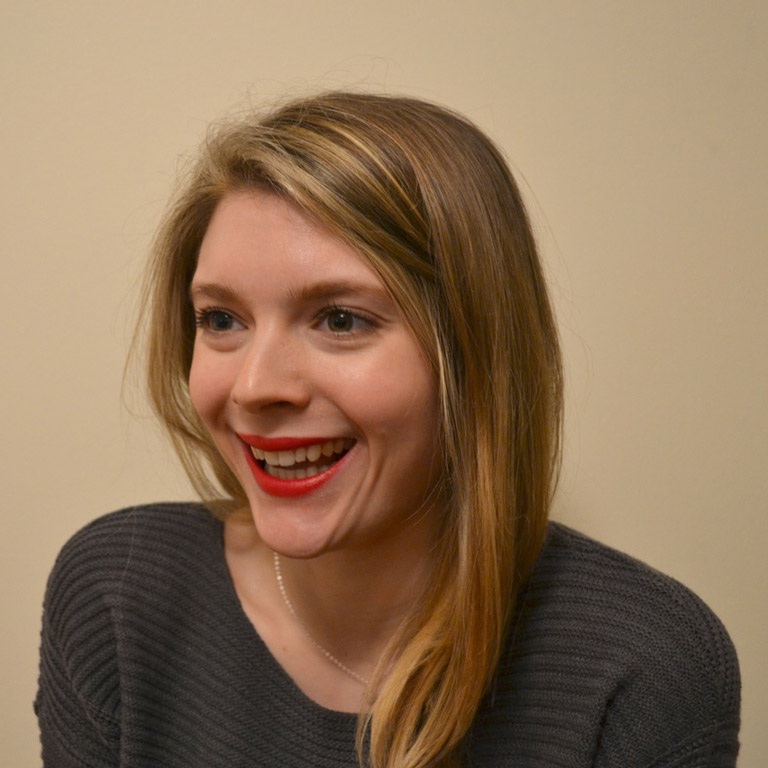I should have the words “Allergic to eggs, fish, and nuts” tattooed on my forehead. That piece of information is often more important than my own name.
Before anyone cared what veganism was, before gluten-free was the greatest thing since sliced bread, or before Nestle converted to peanut-free facilities, there was me, and the small minority of people who can’t eat anything.
Before it was cool to have food allergies, it was really hard to have food allergies. Having to announce my dietary restrictions to my high school Home Economics teachers almost always made them wide-eyed as they made sure to let me know they’d have to modify the lesson plans they worked so hard on.
I learned how to read from ingredient lists on packages in the grocery store. Each trip to the supermarket was hours-long because, in the late ‘90s, companies didn’t have to label everything as thoroughly as they do now.
I so badly wanted to blend in; to be normal. To not have everyone I met look stunned or gape at me when they found out about my dietary restrictions. To not be violently ill after eating a bowl of Haagen Dazs ice cream my grandmother fed me. To not have every conversation turn into a discussion about how difficult it must be to be me.
Yes, it sucks. I’m sorry. I didn’t mean to spoil your dinner party with my allergies.
As a selfish teenager, I couldn’t believe what rotten luck I had. I just wanted to blend in and wear Hollister sweater shirts and too much black eyeliner like all the other girls. I went to my friends’ houses after school and pretended not to be hungry because it was easier than trying to explain I might have a life-threatening reaction to their mother’s baked treats.
I read a personal essay by the late Marina Keegan in The Opposite of Loneliness about her experience with celiac disease. She hated when her mother made such a fuss over making sure there was safe food available for Keegan wherever she went.
My mother did the exact same thing for me.
From chaperoning all the elementary school field trips to bringing eighteen dishes to the church potluck, she went to great lengths to make food-based events in my childhood as safe as possible. And I hated it.
Now that I look back on these experiences, I realize it was guilt I was feeling. Guilt for being so difficult. Guilt for the fact that my health issues were always getting in the way. Being the girl who has to bring her own cake to other people’s birthday parties isn’t easily forgotten on the playground.
I once had someone sympathize with me because they’re allergic to tomatoes and they found it so difficult to work around it. Besides wanting to throw a dinner plate at their head, I got it. The same as when someone gets fired from their job or gets into a car accident or a family member is diagnosed with a terrible illness, we want to be able to empathize with them.
We want to tell people it’s okay, and that we understand how they’re feeling because we’ve been in a similar situation before. But the wonderful and terrifying part of being alive means no one else will ever be able to feel the same things we do, or experience the same situation in the same way.
It took me a long time to realize all these people were trying to sympathize with me in the only way they knew how.
My mother, as well as many loving family friends, continue to be a blessing to me.
I am sure most moms of allergy prone children are. They were the original foodies. Before food blogs and Google searches, they swapped coveted egg- and gluten-free recipes and figured out how to substitute ingredients from library books with ceaseless trial-and-error. They are heroes to little humans who ought to have been put in a bubble.
They watched the Food Network when it still aired actual cooking shows; they got tips from professional chefs. They took their children to see naturopaths before they could kick a soccer ball. They helped spark the movement for better labels on packaging, and pioneered for no allergens in classrooms.
My assumption is this same scene played out in many neighbourhoods until food allergies constituted actual news and grew in the general public’s eye.
Now, my allergies have become a major asset in this health-crazed culture.
I ate kale while everyone else ate cookies. I am a part of the elite group of people who can call eating a peanut butter M&M a near-death experience. I have eaten three doughnuts in my life, which makes me look like I have insane willpower. I get asked if I can bake egg-free cake that doesn’t taste egg-free at every potluck.
Best of all, food allergies and specialty diets are almost normal now, and I bring to the table years of experience of never being able to order off a restaurant menu.




